Courses

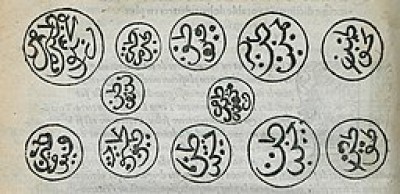
 Compare
Compare
There are about six or seven thousand languages in the world but estimates suggest that 90% of these will be extinct by 2050. Half of these languages have fewer than 10,000 speakers today. But, on the other hand, some languages that were dying are now growing more popular again. Should our governments try to protect endangered languages or is this a waste of time?
0 Lessons
Hours
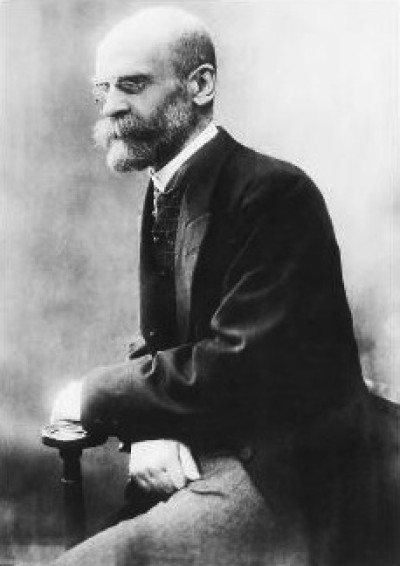
 Compare
Compare
In 1897, the French sociologist, Emile Durkheim, published a case study on research methodology in the social sciences, called ‘Suicide’. In this classic book, he wanted to find an answer to the question of why people commit suicide, using statistical methods in the same way that a physicist or biologist might look at the mass of planets or the structure of plants. In other words, Durkheim believed that suicide notes, diaries, the impressions of the dead person’s family and friends were too personal to provide reliable information on why suicide is more common among some social groups than others.
0 Lessons
Hours
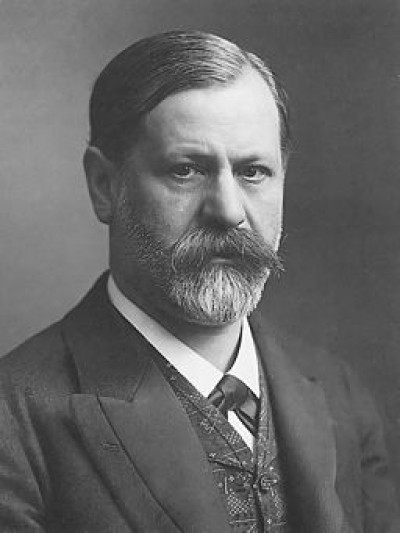
 Compare
Compare
In 1902, the neuroscientist, Dr. Sigmund Freud, began inviting a group of interested health care professionals and academics to visit his home in Vienna, capital of Austria, every Wednesday afternoon to talk about treatingtroubled patients with a new therapy: talking. There were black coffee, cake and a great deal of tobacco to make their discussions move along more smoothly.
0 Lessons
Hours

 Compare
Compare
At the same time as Sigmund Freud was delving deep into his patients’ and his own unconscious trying to uncover the roots of difficulties in living so that they and he could face up to them and move on with their lives, others were more concerned with socially unacceptable behaviour and signs of deep misery on our streets. For them, the priority was to put a stop to the symptoms by surgery or administering drugs. In other words, it was the signs and the behavior they wished to fight, rather than the deep-rooted causes.
0 Lessons
Hours
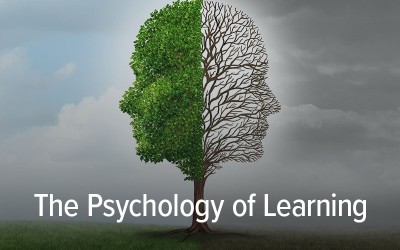
 Compare
Compare
In the nineteenth century – and, in too many countries, throughout much of the twentieth – children were regarded and taught as if they were just small versions of adults. It took two educational psychologists, Jean Piaget, a Swiss, and Maria Montessori, an Italian, to demonstrate that children’s cognitive skills were simply not the same as adults’. In short, children see and analyse the world around them very differently from their parents. Of course, Sigmund Freud, the father of psychoanalysis, had already outlined stages which young children had to navigate to become balanced adults. Piaget and Montessori did not share Freud’s focus though on the psychological health of adults as their starting point: it was children they observed, interacted with and offered guidelines for more effective learning.
0 Lessons
Hours

 Compare
Compare
Benjamin Spock, the famous American pediatrician, comforted several generations of anxious parents in his best-selling ‘Baby and Child Care’. He wrote 'Your baby is born to be a reasonable, friendly human being'.
0 Lessons
Hours

 Compare
Compare
Alcohol is part of European culture and tradition. Ten thousand-year-old jugs have been discovered in many parts of the world showing traces of strong beer. Since the Ancient Greeks, we have used it not just for pleasure but as the basis of perfumes and medicines. It is at the heart of Christianity, where it is used as part of the most important celebration of Jesus Christ’s promise to humanity of eternal life. What’s more, for hundreds of years, beer and wine were a much healthier alternative to water, which often carried disease, so that children went straight from their mothers’ milk to weak beer. (We should remember that beer contained about 1% alcohol before the nineteenth century, whereas it is typically not less than 4% today.)
0 Lessons
Hours
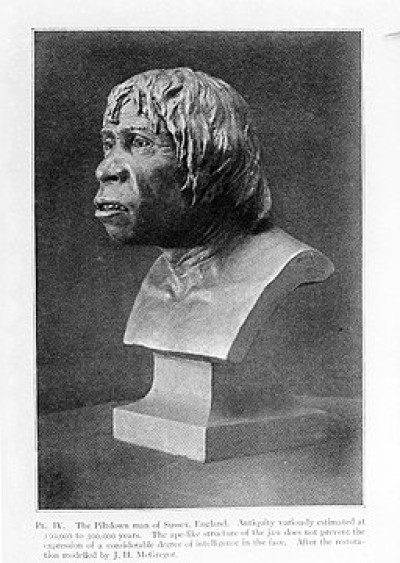
 Compare
Compare
In the middle of the 19th century, there was a breakthrough in natural science: the theory of evolution. An English scientist called Charles Darwin suggested that all living things had gradually turned into modern creatures over millions of years; and, infamously, that human beings came from monkeys. This caused great trouble at the time because people were far more religious. The Christian, Muslim and Jewish religions all said that God created the world and everything in it in seven days. Did Darwin's theory mean there was no God?
0 Lessons
Hours
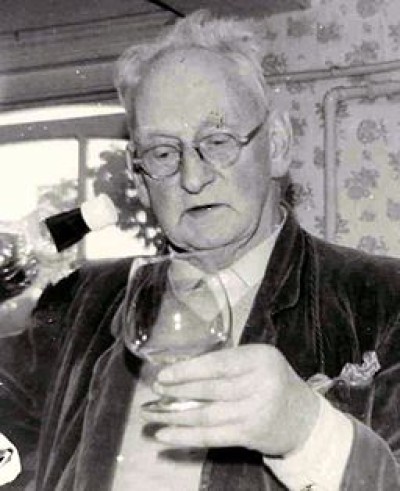
 Compare
Compare
A.S. Neill opened a radical school, called ‘Summerhill’, in 1924, where children are free from adult decision-making and live in a truly democratic environment and make their own decisions about their studies, lives and futures for themselves. Although Neill, a Scotsman, died in 1973, his school survives to this day. This is an interview with Neill about the story of a really modern school.
0 Lessons
Hours